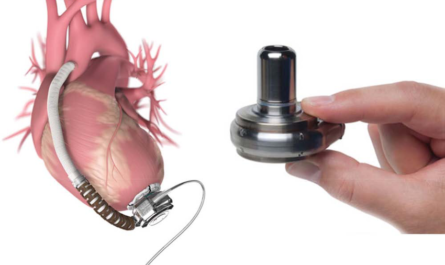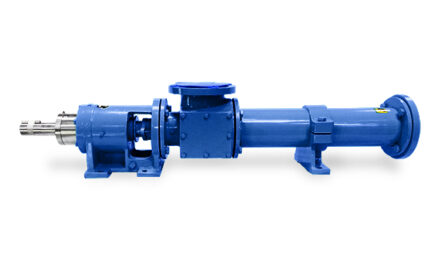The global pharmaceutical drug delivery market is estimated to be valued at USD 1,764.1 billion in 2022 and is expected to exhibit a CAGR of 4.4% over the forecast period 2023-2030, as highlighted in a new report published by Coherent Market Insights.
A) Market Overview:
The pharmaceutical drug delivery market involves the development and utilization of various technologies and systems to deliver drugs in a targeted and controlled manner. These drug delivery systems help improve the therapeutic efficacy of medications and enhance patient compliance. Advantages of pharmaceutical drug delivery systems include increased drug bioavailability, reduced side effects, and improved patient convenience. The market is driven by the growing need for advanced drug delivery solutions and the increasing prevalence of chronic diseases.
B) Market Key Trends:
One key trend in the pharmaceutical drug delivery market is the rise in the adoption of self-administration drug delivery systems. The demand for self-administration devices has been increasing as they offer ease of use and convenience to patients. For example, auto-injectors and wearable patch pumps are gaining popularity as they enable patients to self-administer medications without the need for healthcare professional assistance. This trend is driven by the growing focus on patient-centric healthcare and the need for personalized treatment options.
C) Porter’s Analysis:
– Threat of new entrants: The pharmaceutical drug delivery market is highly competitive, making it challenging for new entrants to establish a strong foothold. Established companies have significant brand recognition, extensive distribution networks, and high R&D investments, creating barriers for new players.
– Bargaining power of buyers: Buyers in the pharmaceutical drug delivery market have moderate bargaining power. They have the option to choose from a wide range of drug delivery systems and suppliers. However, the importance of quality and reliability in drug delivery systems limits their bargaining power.
– Bargaining power of suppliers: Suppliers in the Pharmaceutical Drug Delivery Market have moderate bargaining power due to the availability of multiple suppliers and the importance of high-quality components and materials.
– Threat of new substitutes: The threat of new substitutes in the pharmaceutical drug delivery market is low. Drug delivery systems play a crucial role in enhancing the effectiveness of medications, and there are limited alternatives available.
– Competitive rivalry: The pharmaceutical drug delivery market is highly competitive, with key players constantly innovating and introducing new products. The market is dominated by established companies such as Johnson and Johnson, Merck & Co, Inc., Bayer AG, Pfizer, Inc., Novartis AG, Sanofi, Antares Pharma, Inc., Accord Healthcare, Inc., Abbott, and GSK.
D) Key Takeaways:
– The global pharmaceutical drug delivery market is expected to witness high growth, exhibiting a CAGR of 4.4% over the forecast period. This growth is driven by increasing demand for advanced drug delivery systems.
– North America is the fastest-growing and dominating region in the pharmaceutical drug delivery market, owing to the presence of well-established healthcare infrastructure, high healthcare expenditure, and a large patient population.
– Key players operating in the global pharmaceutical drug delivery market include Johnson and Johnson, Merck & Co, Inc., Bayer AG, Pfizer, Inc., Novartis AG, Sanofi, Antares Pharma, Inc., Accord Healthcare, Inc., Abbott, and GSK. These players focus on strategic collaborations, product launches, and R&D investments to maintain their market position.
In conclusion, the global pharmaceutical drug delivery market is poised for significant growth in the coming years, driven by the increasing demand for advanced drug delivery systems that enhance the therapeutic efficacy of medications. Key players in the market are continuously innovating to stay competitive and meet the evolving needs of patients and healthcare providers.


